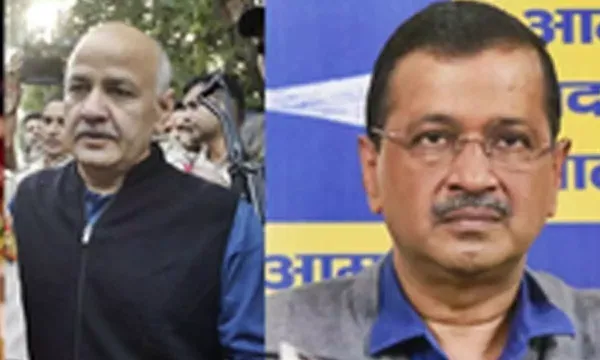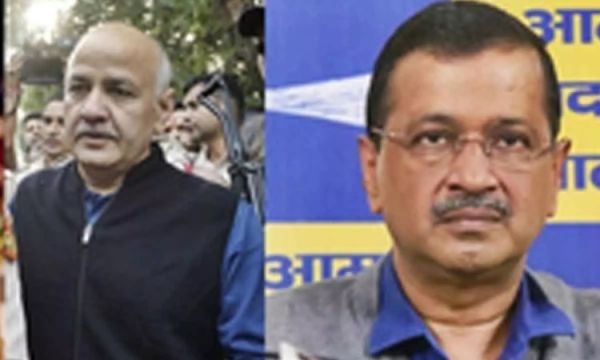
According to a Comptroller and Auditor General of India (CAG) report whose excerpts were made public on Saturday, former Delhi Chief Minister Arvind Kejriwal and his ministers allegedly embezzled more than Rs 2,026 crore because the liquor excise policy lacked transparency and flourished on unlawful decision-making to benefit certain favored licensees.

“Report of the Comptroller and Auditor General of India on Performance Audit on Regulation and Supply of Liquor in Delhi” is the title of the government auditor’s report that revealed the booze scandal.
A major blow to the ruling AAP ahead of the February 5 Assembly elections, the damning findings of India’s Comptroller and Auditor General, Girish Chandra Murmu, regarding the AAP government’s contentious liquor policy have given the opposition BJP and the Congress new fodder, as they have dubbed the scam “Liquorgate.”
In his last suggestion in the report for the year ending March 31, 2022, Murmu said that “the enforcement mechanism should be strengthened and responsibility and accountability for the lapses observed should be fixed.” Aman Deep Chatha, Principal Accountant General (Audit), Delhi, also signed the report.
“The Aam Aadmi Party government of Delhi has today proven to be the most corrupt government of the country,” said Vijender Gupta, the BJP’s Leader of Opposition (LoP) in the Delhi Assembly.
“We need answers on which AAP leaders received kickbacks and who benefited from the loss of public money,” he said.
One of the main conclusions was that millions of city dwellers were in danger of health problems since laboratories were not set up to verify the purity of the booze being provided in Delhi.
The government auditor’s report examined the AAP government’s policy-making and implementation, pointing to a number of irregularities, including a lack of pricing transparency, license issuance and renewal violations, the failure to penalize violators, and the failure to seek approval from the Assembly, Cabinet, or LG.
“The policy’s goals were not met, and its actual execution was less than ideal. It was unable to open vendors in non-conforming wards and distribute retail vendors fairly. The investigation found significant flaws in the zonal licenses’ issuance and administration.
The ruling AAP disputed the authenticity of the “leaked” CAG report and rejected accusations of misconduct against Kejriwal and his Cabinet members, Manish Sisodia and Satyendra Jain, who were detained and subsequently released on bail in cases involving corruption and money laundering related to the excise policy.
According to the CAG report, since the AAP administration chose not to re-tender the retail liquor licenses that were relinquished, the exchequer lost around Rs 890 crore.
According to the investigation, “the business entities’ financial resources and management expertise were not thoroughly examined.” It was observed that connected corporate organizations had licenses along the liquor supply chain.
Brand pushing and exclusivity agreements between zone licensees and wholesalers are shown by liquor supply statistics. Significant income loss resulted from the zone licenses being surrendered over the prolonged policy term. It said that other significant policy-planned actions, such as the establishment of labs and batch testing for quality control, the installation of super premium vending machines, etc., were not carried out.
According to the study, the exemptions that had to be granted to the zonal licensees cost the government an extra Rs 941 crore.
According to allegations, the Group of Ministers, led by Minister Manish Sisodia, disregarded the expert panel’s advice and even let ineligible organizations submit bids for licenses.
The allegations of misconduct that led to money laundering and corruption proceedings against Kejriwal, Sisodia, and several other government officials are certain to intensify political tensions in Delhi, where the AAP is attempting to regain power for the fourth time.
On February 5, the 70 Assembly seats will be up for election, and on February 8, the results will be announced. There are 62 members of the AAP and eight members of the BJP in the present House.